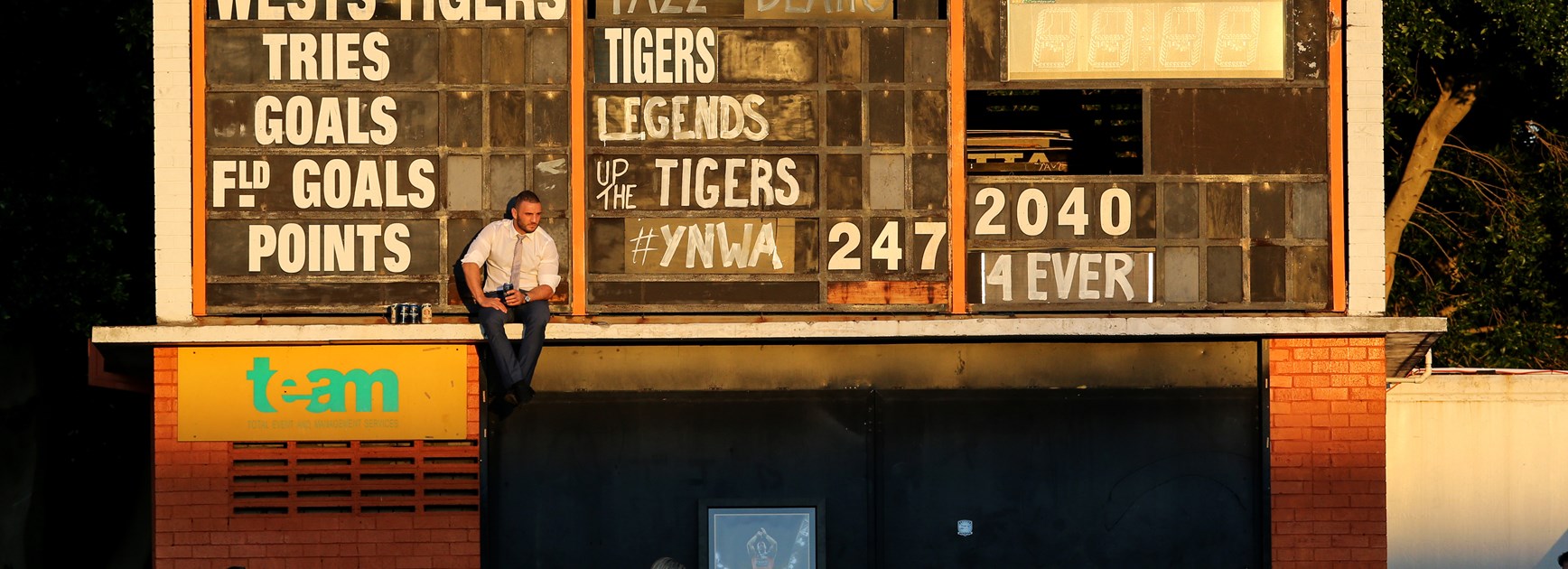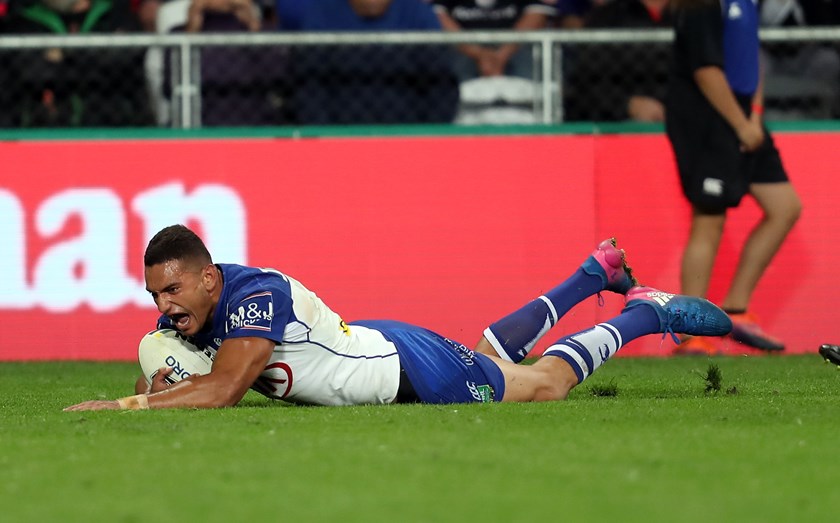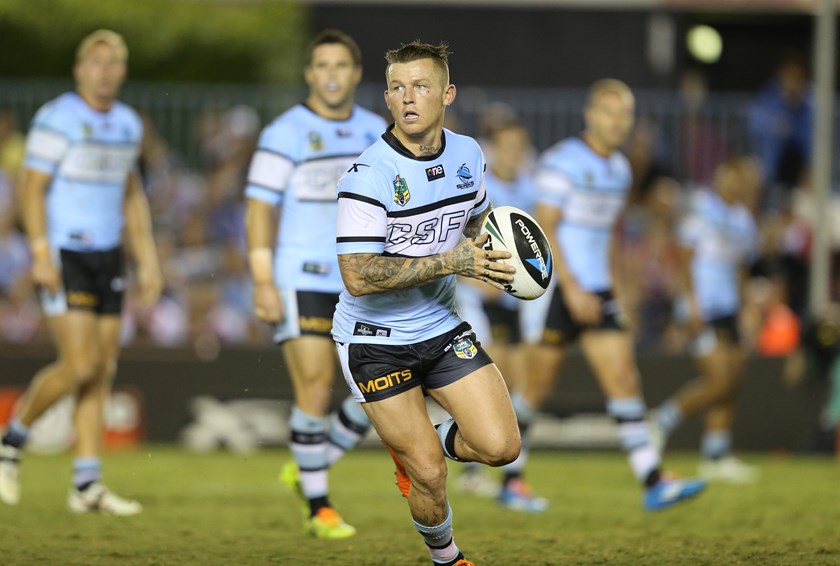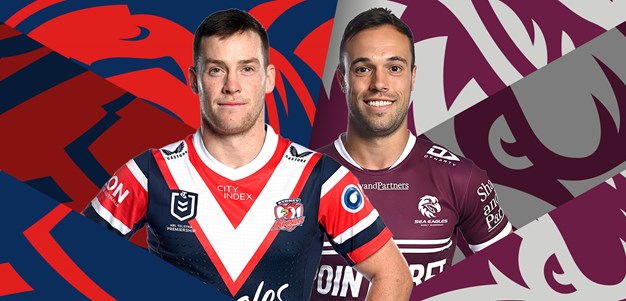
Coaches will no longer be able to exile big-name players in a bid to encourage them to leave under changes to the NRL roster system requiring each club to finalise a 29-man squad by March 1.
The changes also make it more difficult for Todd Carney or Dave Taylor to return to the NRL this season, although clubs do not have to add the 30th and final player to their roster until June 30 and some plan to leave a spot for a mid-season signing.
Robbie Farah is the most well-documented example in recent years of a star player on big money being unwanted by his coach and repeatedly overlooked for first-grade selection.
Despite being the NSW State of Origin hooker in 2016, Farah played just six NRL matches for the Wests Tigers as Jason Taylor chose Dene Halatau, Matt Ballin, Elijah Taylor, Kyle Lovett, Manaia Cherrington and Jacob Liddle in the dummy-half role.
Under the new system, which was agreed upon as part of the collective bargaining agreement with the RLPA, each club must select 29 players for their NRL squad by March 1 and 30 players by June 30, who are included in the $9.4 million salary cap.

The increase in roster sizes, from 25 players in previous seasons, coincides with the abolition of the second-tier salary cap and means coaches cannot call on players outside their NRL squads without dispensation from the salary cap auditor.
To receive approval to use a player from the NSW or Queensland state leagues, a club will need to convince the NRL salary cap auditor they do not have anyone available in their top squad capable of playing his position.
This means few players would get a chance in first grade from outside an NRL squad, as Canterbury-Bankstown Bulldogs winger Marcelo Montoya – the club's leading tryscorer in 2017 – did in round three last season.
Eventually, the roster restructure could lead to a genuine second-tier competition in NSW to mirror Queensland's Intrust Super Cup, in which all teams are run independently of NRL clubs.
As a result, Carney has been signed by the Cairns-based Northern Pride and Taylor was recruited by the Central Queensland Capras to play in the Intrust Super Cup – not as a back-up for any NRL club.
With NRL clubs not needing to finalise their 30-man squads until June 30, they would be able to negotiate a deal for Carney or Taylor before then if they believe they would boost their roster.

Manly Warringah Sea Eagles officials say they will not need to seek an exemption and will meet Thursday's deadline to finalise their 29-man roster, despite the club's salary cap issues which prevented them from bidding for Trent Hodkinson earlier this month.
The most significant difference to the new roster system is the increase in the size of each club's NRL squad, with the minimum wage for players 1-26 being $100,000 per year and players 27-30 guaranteed to earn 70,000 per year.
The decision to increase NRL squads is aimed at providing stability for those five players who were previously on second-tier contracts as only three clubs – the Bulldogs, St George Illawarra Dragons and Canberra Raiders – used only 25 players last season.
Gold Coast Titans used 34 players, while North Queensland Cowboys used 32, Melbourne Storm and Newcastle Knights used 31 and South Sydney Rabbitohs, Wests Tigers and New Zealand Warriors each used 30.
According to NRL.com Stats, clubs had an average of 4.9 players unavailable for selection through injury each match, with the Cowboys averaging 7.19 unavailable players per game.
Each club is also allowed three-to-six players on a development list, who can be paid up to $60,000 each but are not permitted to play in the Telstra Premiership without approval from the salary cap auditor.
This is only likely to be granted if the club does not have any player in their 30-man NRL squad capable of playing a certain position and wants to use one of the rookies.
Players on a development contract for two years are entitled to an annual 10 per cent salary cap discount for the duration of their careers provided they remain with that club.





